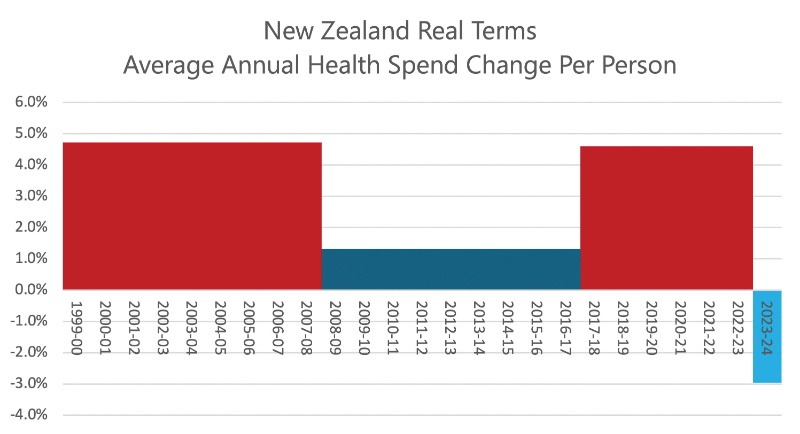TPPA-11 National Interest Analysis is recycled spin
TPPA-11 National Interest Analysis is recycled spin, Labour squanders opportunity for real change
‘The revised National Interest Analysis (NIA) for the Trans-Pacific Partnership Agreement minus the US (TPPA-11), released today, layers new spin onto old’, says University of Auckland law professor Jane Kelsey.
‘It is disappointing to see Labour and New Zealand First squander the chance to clean up a treaty making process which they have previously criticised. If anything, the democratic deficit has deteriorated further, making a mockery of the new government’s promise of a “progressive and inclusive” approach to negotiations.’
Labour and NZ First ignored calls for a genuinely independent analysis and a health impact analysis they made in their dissenting opinions at the select committee on the original agreement.
‘Instead, we have a propaganda exercise, prepared by officials who negotiated the agreement for a government that has already nailed its colours to the mast. It patently fails to justify Labour and NZ First’s decision to sign a deal they have previously opposed.’
Professor Kelsey describes the quality of this NIA as ‘even worse than the original, because in summarising the impacts it treats the 20-odd suspended items, for example affecting medicines and Pharmac, as if they have been permanently removed. The assumptions underlying their economic projections are untenable, and blanket assurances on the right to regulate for health, environment and Treaty of Waitangi are misleading.
Any suggesting that alternative analyses can be submitted to the select committee is, she says, ‘nonsense’. The committee has no power and only considers the text once it has been signed.
The greatest concern for Professor Kelsey is the government’s refusal to say how many countries have agreed to side letters that exclude ISDS claims against New Zealand, let alone who they are, aside from Australia. Apparently, these side-letters won’t be released until the signing on 8 March.
‘Without that information, claims that New Zealand is effectively protected from ISDS disputes are nonsense. Are Japan (with the 7th largest FDI inflows into New Zealand and 5th largest stock of FDI) and Canada (9th largest stock of FDI) prepared to exclude ISDS, or are we only talking about countries like Vietnam, Brunei and Peru?’
The terms that govern the US re-entry and reactivation of suspended items are vague, as is the US’s ability to ask for and receive more. Professor Kelsey insists that ‘this matters. Japanese officials reiterated overnight that they hope the US will re-join, but that negotiating its new demands would be difficult.’
‘Equally, the government needs to explain whether New Zealand could - and would - require a side-letter excluding ISDS as a precondition of other countries joining, such as the United Kingdom post-Brexit.’
‘Yet again the NIA leaves people in a fog of spin, misinformation, half-truths and deliberate omissions. This government promised better. It has failed.’


 Gordon Campbell: On The Americanising Of NZ’s Public Health System
Gordon Campbell: On The Americanising Of NZ’s Public Health System NZ Labour Party: Govt Health And Safety Changes Put Workers At Risk
NZ Labour Party: Govt Health And Safety Changes Put Workers At Risk Amnesty International Aotearoa New Zealand: Democracy At Risk
Amnesty International Aotearoa New Zealand: Democracy At Risk Walk Without Fear Trust: New Sentencing Reforms Aimed At Restoring Public Safety Welcomed
Walk Without Fear Trust: New Sentencing Reforms Aimed At Restoring Public Safety Welcomed Rio Tinto & NZAS: Archaeological Project Underway From Historic Excavations At Tiwai Point
Rio Tinto & NZAS: Archaeological Project Underway From Historic Excavations At Tiwai Point New Zealand Deerstalkers Association: NZDA Urges Hunters To Prioritise Safety This Roar Season
New Zealand Deerstalkers Association: NZDA Urges Hunters To Prioritise Safety This Roar Season PSA: 1000 Days Since Landmark Pay Equity Deal Expired - Workers Losing $145 A Week
PSA: 1000 Days Since Landmark Pay Equity Deal Expired - Workers Losing $145 A Week


